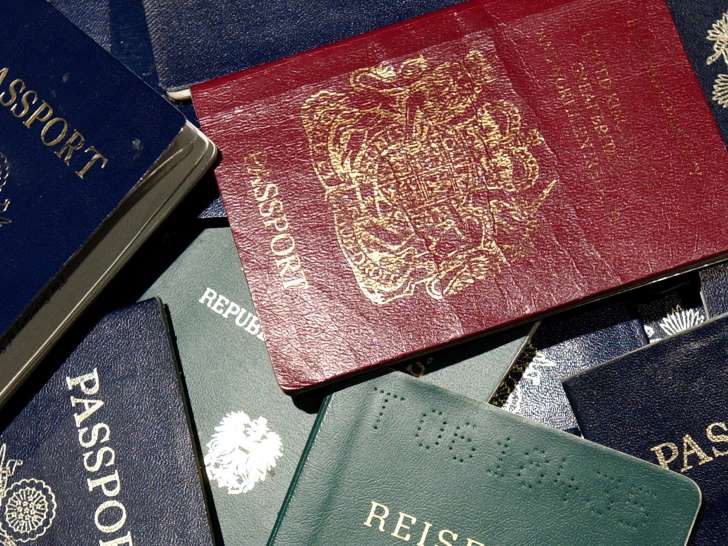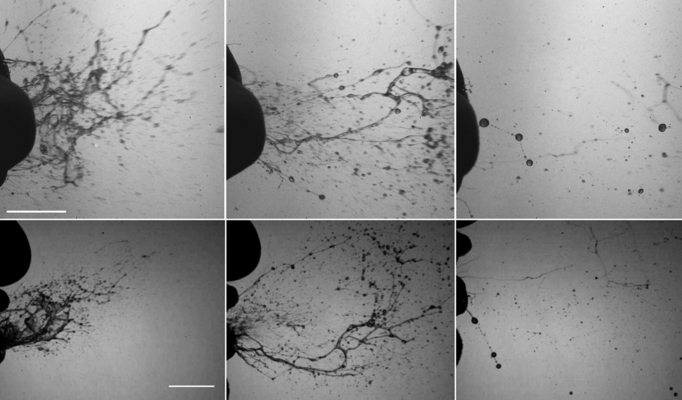
-Dr Satish K Kapoor
‘I resolve to discard all the false values
And accept ever true ideals of life.’
-Yajurveda, I. 5
Life is to be lived; so education must prepare one for life. Education, to be complete, must teach how to recognise the limitlessness of one’s self, remain contented, and live righteously as an individual, and as a part of society.
Education should make one understand the different layers of human existence – physical, mental, moral and spiritual, so that these could be harmonised for fruitful living. Man being divine in nature, life too should be lived in a divine way. Human life is not for eating, sleeping, making merry, or begetting children, not just a battle for survival, but for obliterating animal instincts, and attaining ultimate perfection, in the process of cosmic evolution. There is more to life than earning money, acquiring power or indulging in sensory pleasures. As one can make or mar one’s life by good or bad deeds , one should be virtuous always, adhere to the laws of Being , and create a balance between mind and body, between thought, feelings and actions.
So advises the Atharvaveda( 10.2.6):
Give prominence to intellect over emotions
God has housed your emotional heart and your logical mind in one body
Do not be swayed away by emotions, nor be carried away by mere logic
Obtain inspiration from heart, but guidance from brain and go forward with steady steps.
Life is like a percussion instrument– its strings should neither be too tight nor too loose, if one is to partake of its music. Education should instruct how to maintain evenness of mind, and how to control negative acts when passions sway the mind and the body. It has been observed that the more educated a person the more serious or moron he appears to be. Education should graft in one, the sense of humour, so useful for dissolving tension. Stuffing the mind with information which does not get absorbed in life or is useless otherwise, can make one literate but not happy or contented.
Life is an amalgam of pleasure and pain – the one who transcends both, and lives righteously, in the true spirit of a karma yogi- without caring the least for the fruit of one’s actions, is saved from many psychological ailments. Education must teach how to remain calm in adverse situations – in moments of stress or failure. Life brings surprises so one should remain the witness, and observe persons and situations carefully.
Says the Rigveda(8.45.23):
‘O man keep awake! Let not fools lure you or the cunning beguile you.’
At social level, life is a web of relationships. It is the task of the educator to inculcate among students the values of respect, trust and gratitude for coexistence. Says the Rigveda(10.191.2):
May we assemble and march forward with a common purpose
May we confer together with open minds and work together harmoniously for common good.
May we pool our thoughts for integrated wisdom, and always work actuated by higher ideals.
Human life is a part of the cosmic life; so one should develop a universal vision. The journey of life does not end with the disintegration of the physical body, as the human soul is homunculus, man within man. Life is growth – expansion with diverse ramifications. In its loftier, ethical meaning, love is life. Moral education can explain that each living being has a purpose in the cosmic scheme, and each is accountable for his deeds; that one remains miserable as long as one perceives oneself only as the body, and nothing more. At the Parliament of Religions, held at Chicago in 1893, Swami Vivekananda observed that man is not like ‘a tiny boat in a tempest … a powerless, helpless wreck in an ever-raging, ever-rushing, uncompromising current of cause and effect; a little moth placed under the wheel of causation … but the child of immortal bliss’. Life becomes divine when one lives in soul-consciousness.
Irreverence is regarded by the young as the hallmark of freedom, the most misused word today. Freedom is not doing whatever one wants to do, but the culture of living which does not trespass the voice of conscience, the customs of society and the laws of the land. The present education system has failed to inculcate shraddha, faith, among students, – shraddha for elders, teachers and age-old values like truthfulness, abstinence, contentment, compassion, service and forgiveness. The Shraddha sukta of the Rigveda (X.151) equates shraddha with truth which is God itself. To kindle the soul of pupils with the Highest Truth, a teacher should not only be knowledgeable but also be the embodiment of nobility. Students on their part should be worthy recipients of knowledge and respect teachers. Besides, they should observe hygiene of the body and of the mind, and preserve their vital energy.
Education should not only inform but transform, not only ignite ratiocinative faculty but help one to reach the source of all knowledge. Spiritual orientation to life can help students to be pure in thought, word and deed and rise above egocentric perceptions. They can adopt a ‘giving attitude’ shedding the grabbing mindset , and mollify the urge to become rich at all costs, even by foul means. A prayer in the Atharvaveda (7.115.2) says:
O God, keep away from me
That wealth which brings about my fall.
And results in defame,
Which entangles me
From all directions,
And withers me like a parasitic plant
That withers away the supporting tree.
The Spiritual paradigm is not speculative or sectarian but living and dynamic – it helps one to acquire self-knowledge, what the Vedic seers called vidya. From self knowledge to self perception to self realisation, is a quantum jump from the finite world of self awareness to the infinite realms of cosmic awareness. This brings about a mutation in the human psyche, and goads one to consciously adopt the principles of righteous life delineated by saints, sages and prophets in all ages.
Spirituality recognises the immanent principle of consciousness in existence, which, in turn, implies one’s unity with the universe, and with all.
It is perceiving existence , consciousness, and bliss – sat -chit-ananda – in one’s own self which is a part of the Higher Self. It provides the glimmer of Divine in each person.
Harmony is the keynote of life – harmony between mind and muscles, between individual and the cosmos, between the higher and the lower selves in man, between man and nature, between man and other living beings. The realisation of the Oneness of Reality expressing itself in many ways can change one’s perceptions and outlook, and see the other as one’s own self. Self love is thus transformed into love for all beings, passion into compassion, and malice into respect. The rhythm of life is not hampered by stress when one has spiritual energy-reserves in one’s being to absorb the shocks of day-to-day life.
The path of spirituality deepens one’s level of consciousness and goads the mind along the path of virtue. The inculcation of spiritual ideas among students through moral education can help them to come out of their world of fantasy, de-addict their minds of racial, religious and other prejudices, and improve their mental and emotional health to face the challenges of change . Students should be made to understand that a life of purity strengthens will, and gives inner power to face the ordeals of life; that divine grace sought through prayer can do wonders, and deliver one from many a predicament; that the development of intuitive ability is as important as the development of the intellect. To live is to feel. ”The heart has its reasons which reason does not know’, wrote Pascal. Moral and spiritual education can develop feeling – sensitivity to feelings of others, to problems of society and to the natural order of things. Says the Yajurveda (34.37):
‘ Live in complete harmony with nature
Experience the grace of god in the splendour of the universe.’
Spiritual poverty has led to restlessness in the world today. Observance of Sapta-maryada,or seven codes of conduct namely, truth, non-violence, non-covetousness, noble company, hygiene, self control, and quest for the divine, can uplift humanity from the state of despair. Educational curricula needs to be so moulded as instils spiritual values bereft of superstition and dogma, and provides an antidote to materialistic and sensualistic ideas, acting like poison on young minds.
——————————————————————————-
Dr Satish K Kapoor, a former British Council Scholar, is a noted educationist, historian, spiritualist and meditation-teacher. He is a former Principal of Lyallpur Khalsa College and former Registrar of DAV University, Jalandhar.


 South Asian News E-Paper
South Asian News E-Paper Punjabi News E-Paper
Punjabi News E-Paper

















